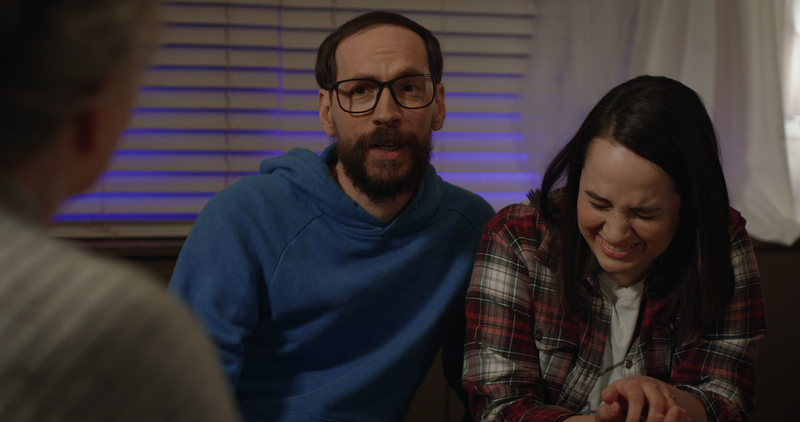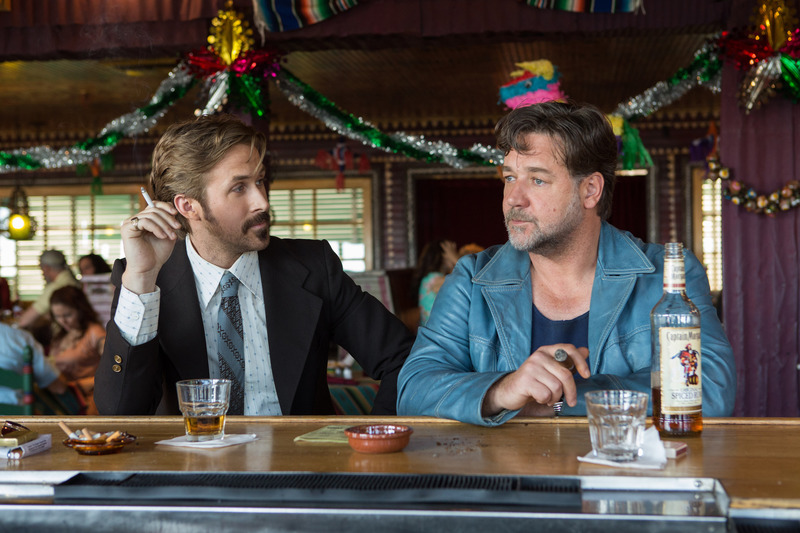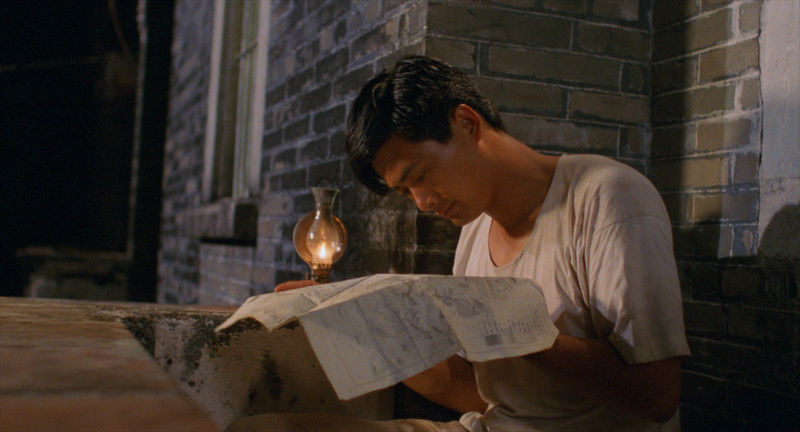
What If You Could Rewrite Your Past?
MOVIE REVIEW
Guacamole Yesterdays
–
Genre: Romance, Sci-Fi
Year Released: 2024, 2025
Runtime: 1h 26m
Director(s): Jordan Noel
Writer(s): Hudson Phillips
Cast: Sophie Edwards, Randy Havens, Adetinpo Thomas, Charity Cervantes, Megan McFarland, Brice Anthony Heller
Where to Watch: currently on a self-booked theatrical tour going to theaters across the U.S., and launching on Apple & Amazon on June 24, 2025
RAVING REVIEW: Heartbreak doesn’t wait for the credits to roll—it loops, replays, and lingers long after the screen fades to black. That’s the emotional pull that GUACAMOLE YESTERDAYS steps into. For two-thirds of the film, it handles that terrain with sharp dialogue, offbeat charm, and just enough sci-fi edge to elevate a grounded story about fractured relationships. But as the film inches toward its conclusion, it opts for a hard narrative swerve that, while ambitious, undercuts some of the groundwork it so effectively lays early on.
At its center is Ames (Sophie Edwards), a cartoonist sifting through the emotional wreckage of her dissolved marriage. She enlists the help of experimental therapy that lets her re-enter moments from her past. Ames doesn’t just recall her relationship—she can relive it, replaying everything from casual first dates to relationship implosions. She’s not alone in this process; her therapist (Adetinpo Thomas) is part coach, scientist, and ethical compass.
This setup could have easily veered into heavy-handed metaphor or overly expository science fiction. Instead, the first two acts keep things grounded, building character through memory snippets that feel lived-in and raw. Rather than staging sweeping romantic gestures or explosive arguments, the script draws power from missed signals, jokes, and uncomfortable silences. Ames and Franklin (Randy Havens) try—often failing—to connect. And that failure, shown through scattered recollections and slightly altered replays, gives the audience a rare opportunity to engage with a relationship as fragile and organic.
Edwards delivers a performance that sidesteps the typical romantic lead archetypes. Her version of Ames is impulsive but calculating, funny but guarded—someone searching for healing while afraid of what the process might reveal. Opposite her, Havens brings a weary subtlety to Franklin. He’s not a villain or a tragic hero—he’s simply tired, emotionally distant in a way that never feels exaggerated. Together, their performances create a dynamic that feels less like scripted dialogue and more like the product of long-unspoken thoughts finally finding their way out.
And then there’s the therapist, portrayed with a dry wit by Thomas, who keeps her scenes engaging without becoming detached. She functions as more than just a device to move the plot along. She challenges Ames’s assumptions, contrasts her impulsiveness, and represents the moral line between introspection and manipulation. Through her, the story leans into the question at the film’s core: When you change how you remember something, are you actually healing, or just rewriting?
That question becomes even more layered when the film starts weaving in Ames’s artwork. Her comics serve as a running internal monologue, visualizing her emotional state in increasingly surreal ways. What begins as lighthearted escapism eventually turns into a brutally honest reckoning with herself. This visual device sidesteps exposition while giving viewers a second layer to interpret Ames’ journey. It’s one of the more innovative storytelling techniques in the film, and it adds depth to a character already teetering between self-awareness and denial.
The issue comes with how that emotional arc is resolved. Without spoiling specific events, the third act introduces a pivot that shifts the tone. What had been a steady, reflective character study suddenly leans into darker psychological elements. While the twist connects to the film’s running themes, the execution feels rushed. The story starts to feel like it’s juggling too many genres simultaneously, and the transition doesn’t give enough breathing room for the audience to reorient.
That said, director Jordan Noel deserves credit for maintaining a consistent sense of intimacy throughout. Even when the narrative gets wobbly, the performances remain emotionally grounded, and the visual storytelling stays confident. The color palettes and framing subtly evolve with Ames’ shifting mental state, reinforcing that memory is never static.
Hudson Phillips's writing succeeds most when it avoids big swings. The film finds its cadence in the smaller moments—awkward flirtations, unspoken resentment, inside jokes remembered differently. These scenes showcase an understanding that not all heartbreak is loud. Sometimes, it’s a quiet drift. The pacing mostly serves the story well, and the restraint in explaining its concept is a smart move. The audience is trusted to catch on, which helps maintain the emotional authenticity the film works so hard to build.
The film works because it understands something about heartbreak rarely articulated on screen: you can’t always make sense of it, and trying to do so might complicate it further. It portrays grief not as a linear descent or a cathartic explosion but as a fragmented, looping experience—a memory caught in replay, with edits you didn’t approve of. The project’s imperfections are reminders that emotional storytelling requires a delicate balance, especially when blended with genre. It doesn’t always stick the landing, but it takes risks worth respecting. The quieter scenes linger. The questions stay with you.
Please visit https://linktr.ee/overlyhonestr for more reviews.
You can follow me on Letterboxd, Instagram, Twitter, and YouTube. My social media accounts can also be found on most platforms by searching for 'Overly Honest Reviews'.
I’m always happy to hear from my readers; please don't hesitate to say hello or send me any questions about movies.
[photo courtesy of MIRROR BOX FILMS]
DISCLAIMER:
At Overly Honest Movie Reviews, we value honesty and transparency. Occasionally, we receive complimentary items for review, including DVDs, Blu-rays, CDs, Vinyl Records, Books, and more. We assure you that these arrangements do not influence our reviews, as we are committed to providing unbiased and sincere evaluations. We aim to help you make informed entertainment choices regardless of our relationship with distributors or producers.
Amazon Affiliate Links:
Additionally, this site contains Amazon affiliate links. If you purchase through these links, we may receive a commission. This affiliate arrangement does not affect our commitment to honest reviews and helps support our site. We appreciate your trust and support in navigating these links.



Average Rating